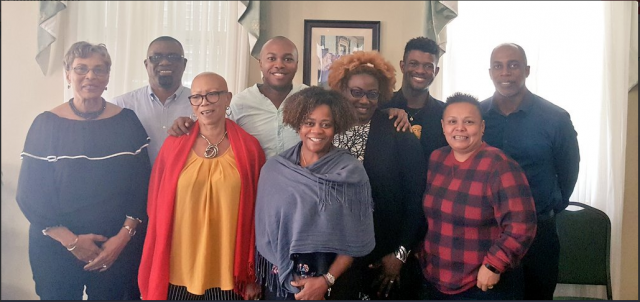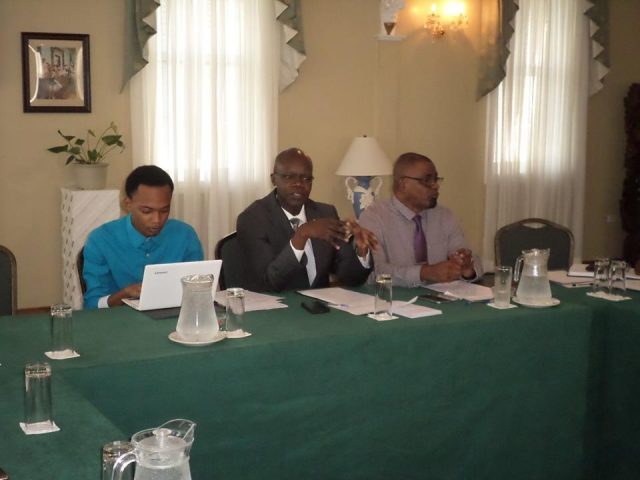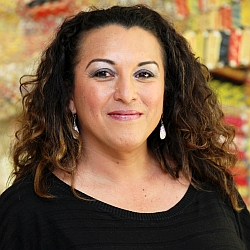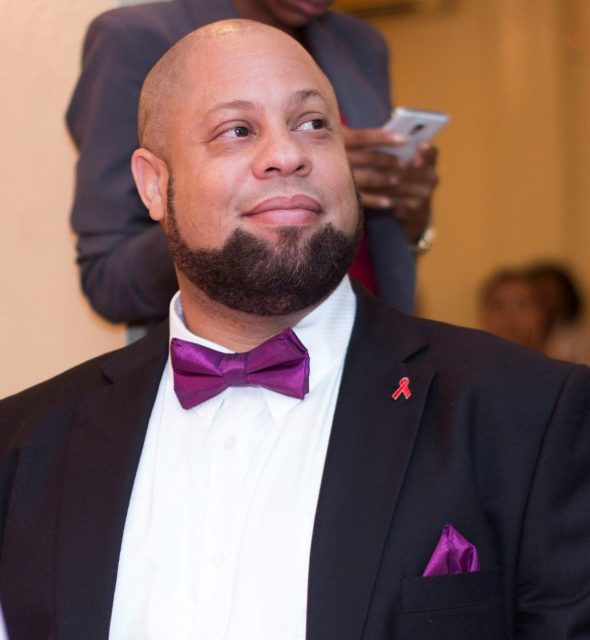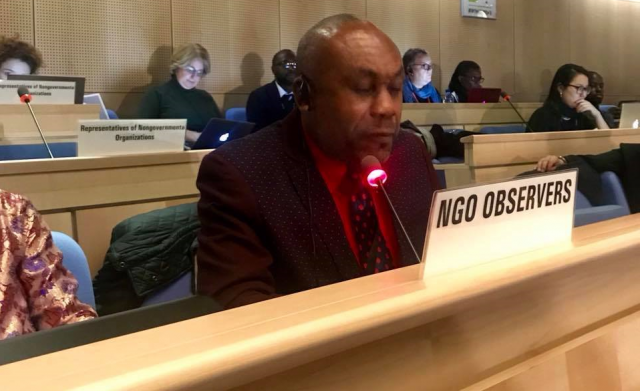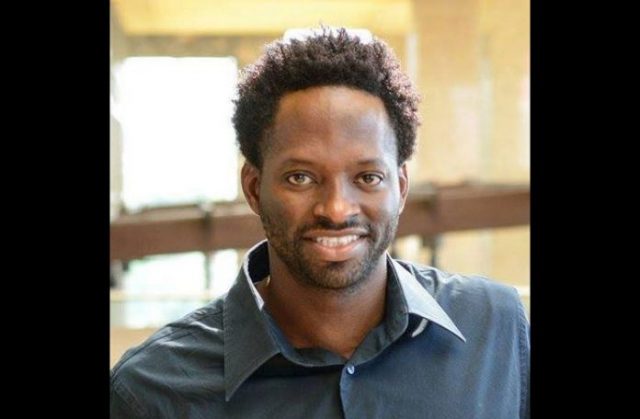Washington, DC, 2 February 2018 (PAHO/WHO) – High-level officials from Antigua and Barbuda, Barbados, Dominica, Grenada, St. Kitts and Nevis, Saint Lucia and St. Vincent and the Grenadines joined the Director of the Pan American Health Organization/World Health Organization (PAHO/WHO), Carissa F. Etienne, today in signing a new multicountry strategy for technical cooperation in health through 2024.
“This strategy is your vision of how PAHO/WHO can best support the work of your ministries of health in improving the health of their people,” Etienne told the Caribbean health leaders. “It is aligned with your countries’ national health policies, strategies and plans as well as with established Caribbean-wide health goals and the United Nations Multicountry Sustainable Development Framework for the Caribbean.”
The new strategy is the second agreement of its kind between PAHO and this group of countries. It focuses on achieving previously unmet goals while also addressing new challenges the countries face, including health sector reform required to respond to the needs of aging populations, the growing burden of noncommunicable diseases, and the health effects of climate change, among others.
The 2018-2024 Multi-country Cooperation Strategy for Barbados and Eastern Caribbean Countries is based on five strategic priorities: strengthening the countries’ health systems to advance universal health coverage and access; reducing deaths and illness from communicable diseases like HIV, tuberculosis and hepatitis B; achieving optimum family health throughout the life course; reducing the burden of noncommunicable diseases (NCDs); and strengthening preparedness and response to health emergencies and disasters while also reducing environmental threats and risks.
“We hope that the priorities defined in this strategy will provide the support you need in the coming years to continue to make your health systems more resilient and to ensure that you achieve universal access to health and universal health coverage, as well as your other national health goals,” said Etienne.
During the signing event, Dr. Godfrey Xuereb, PAHO/WHO Representative for Barbados and the Eastern Caribbean countries, noted that the strategy was developed through a consultative process involving all the countries and representatives from the public and private health sector, other government ministries, nongovernmental organizations, civil society and key development partners.
Present to sign the agreement at PAHO headquarters in Washington, D.C., were: Minister of Health and Environment of Dominica Kenneth Darroux; Minister for Health and Wellness of Saint Lucia Mary Isaac; Chief Medical Officer of Antigua and Barbuda Rhonda Sealey-Thomas; Chief Medical Officer of Grenada George Mitchell; Ambassador to the US and the Organization of American States (OAS) of Barbados Seldon Charles Hart; Ambassador to the US of St. Kitts and Nevis Thelma Phillip-Browne; and Alternate Representative to the US and the OAS of Saint Vincent and the Grenadines Gareth Bynoe. Also attending the signing event was the Director General of the Organisation of Eastern Caribbean States Secretariat Didacus Jules; and Ana Treasure, Head of PAHO’s Country and Subregional Coordination.
“PAHO/WHO looks forward to continue working with other agencies and institutions, such as the Caribbean Public Health Agency, the University of the West Indies and the Organization of Eastern Caribbean States Secretariat, to improve the health of the Peoples of Barbados and the Eastern Caribbean,” Etienne said. The signing took place a day after Etienne assumed her second term as PAHO Director.
###
The Pan American Health Organization (PAHO) works with the countries of the Americas to improve the health and quality of life of its population. Founded in 1902, it is the world’s oldest international public health agency. It serves as the Regional Office of WHO for the Americas and is the specialized health agency of the Inter-American system.
CONTACTS:
Leticia Linn, linnl@paho.org, Tel. + 202 974 3440, Mobile +1 202 701 4005, Sebastián Oliel, oliels@paho.org, Tel. +202-974-3459, Mobile +1 202- 316 5679, Communications, PAHO/WHO – www.paho.org



